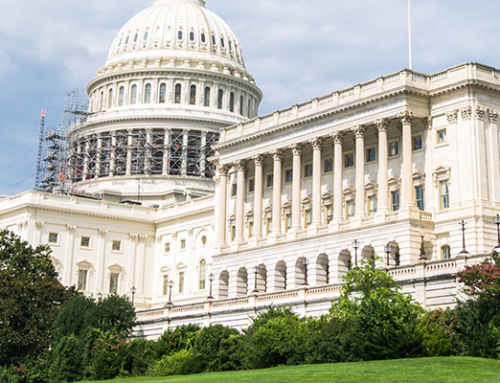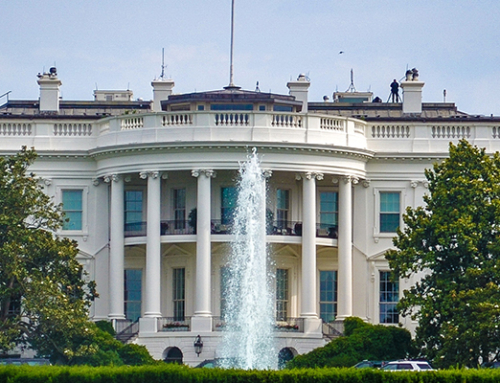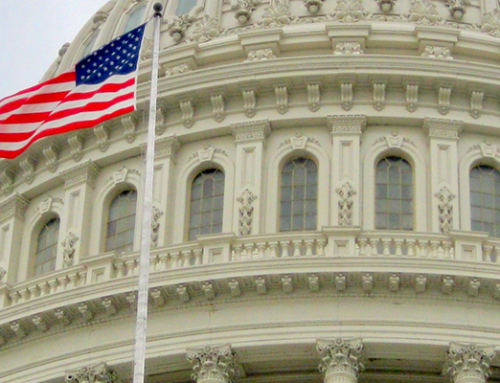In recent weeks there have been news reports about labor disputes in the entertainment industry and the auto industry. Union representatives have advocated for the payment of unemployment compensation to individuals who are striking despite the accepted norm that individuals who become unemployed due to a labor dispute and are not available for work are not eligible for unemployment compensation. State laws generally disallow the establishment of benefit rights for individuals who are unemployed due to the labor dispute and those who are financing and participating in the dispute. This disallowance typically lasts for the duration of the labor dispute.
In 2012 congress enacted and the President signed into law, the Middle-Class Tax Relief and Job Creation Act of 2012 (PL 112-96). That law permanently amended Section 303(a) of the Social Security Act by adding a requirement of state UI laws to require that claimants be able to work, available to work, and actively seeking work as a condition of being paid unemployment compensation for a week claimed.
These federal provisions on their face would prohibit a state from paying unemployment compensation to individuals who claim benefits while on strike if they are not able to work, available to work and actively seeking work. In most cases it would seem that payments would be inconsistent with an individual being on strike and not available for work and actively seeking work.
At this point it is unclear how US DOL will respond to state legislative proposals to pay unemployment compensation to striking employees.
Under current law individuals who become unemployed due to a labor dispute (other than a lock out) should be denied unemployment compensation for the duration of the labor dispute.






